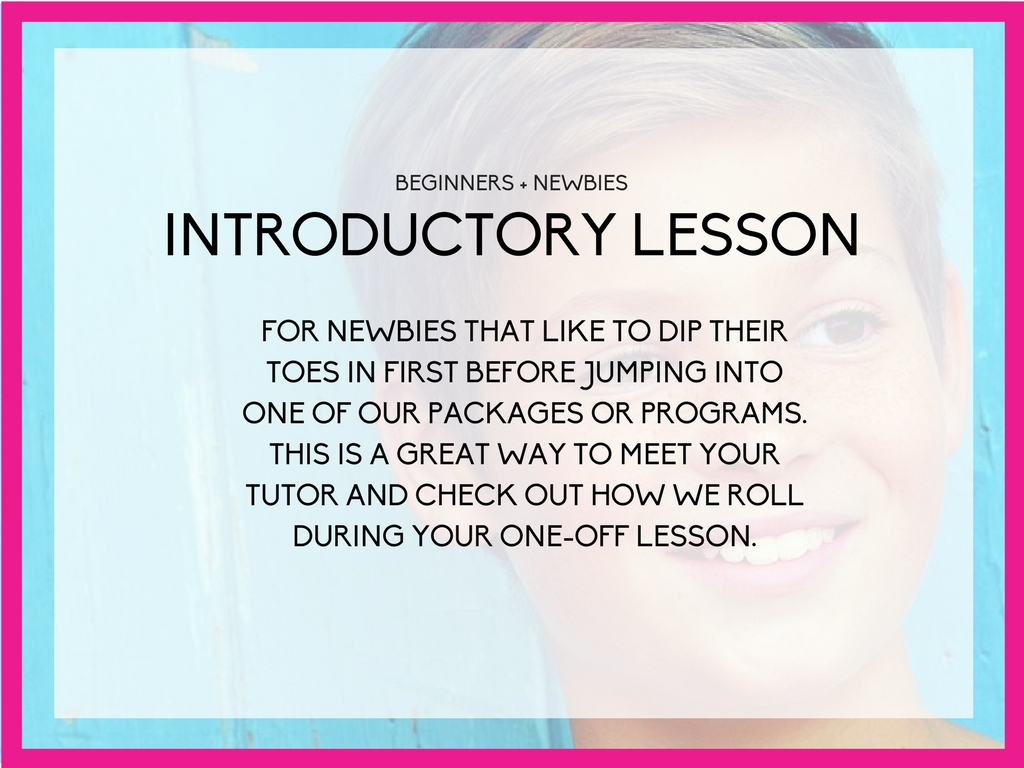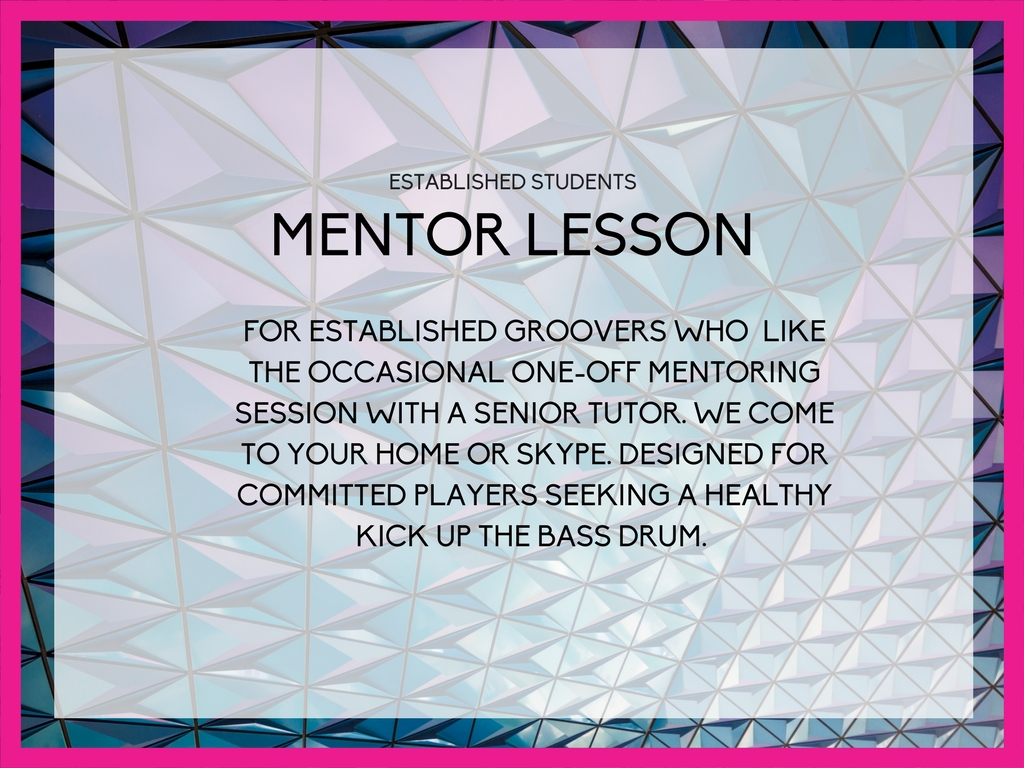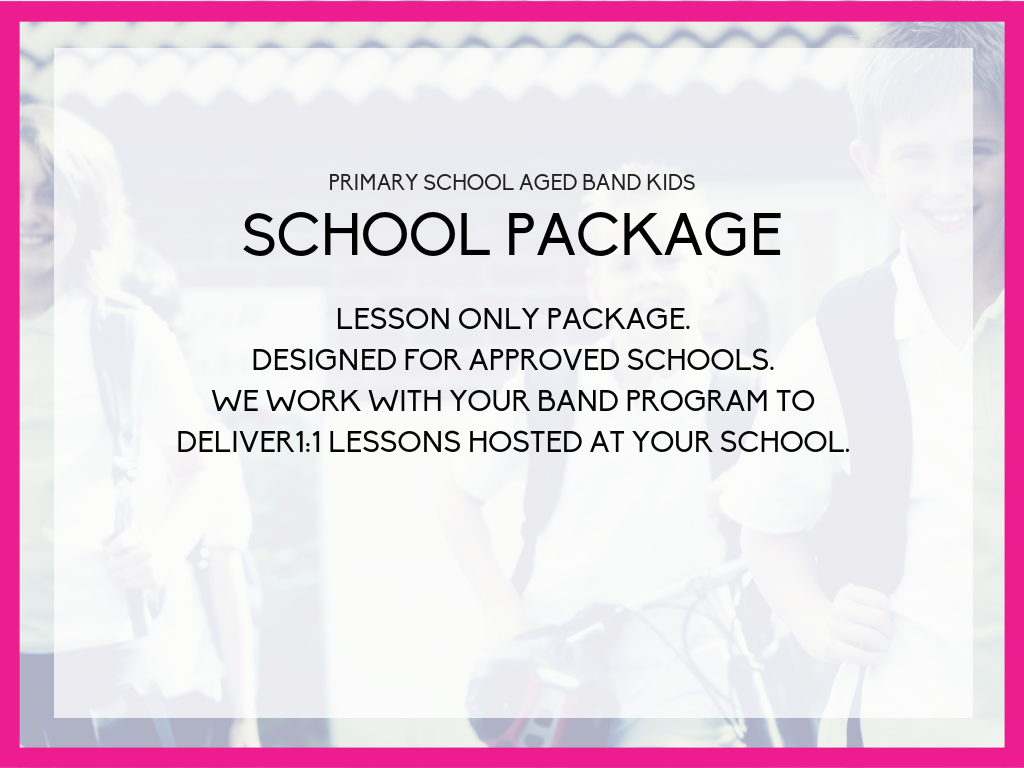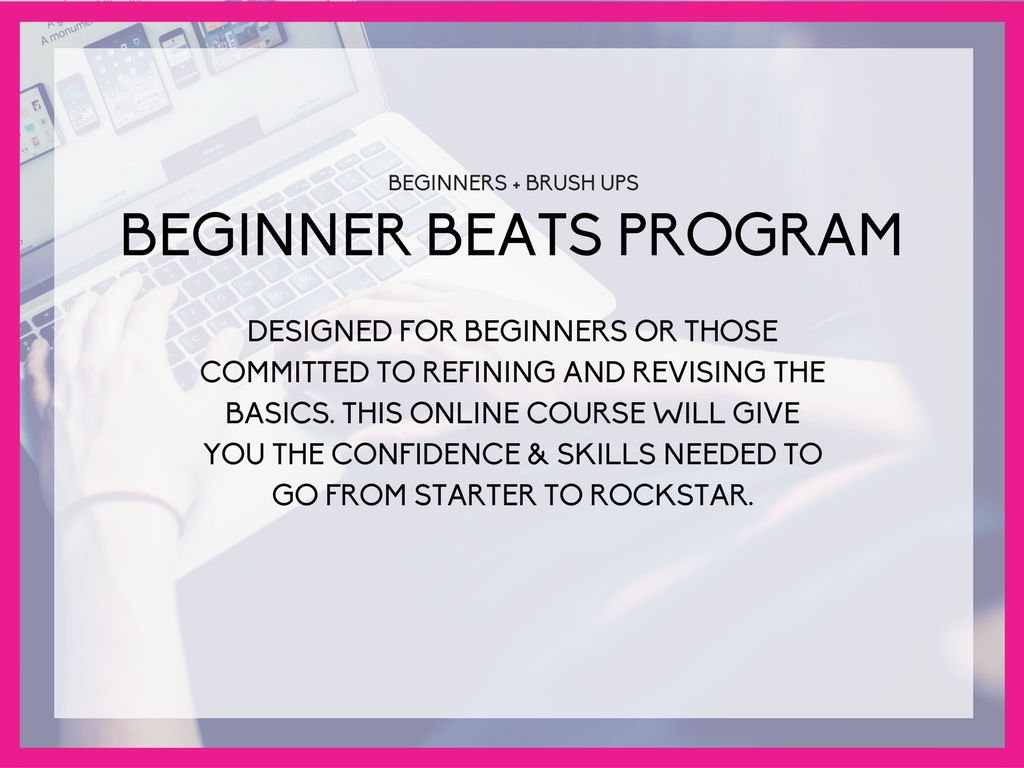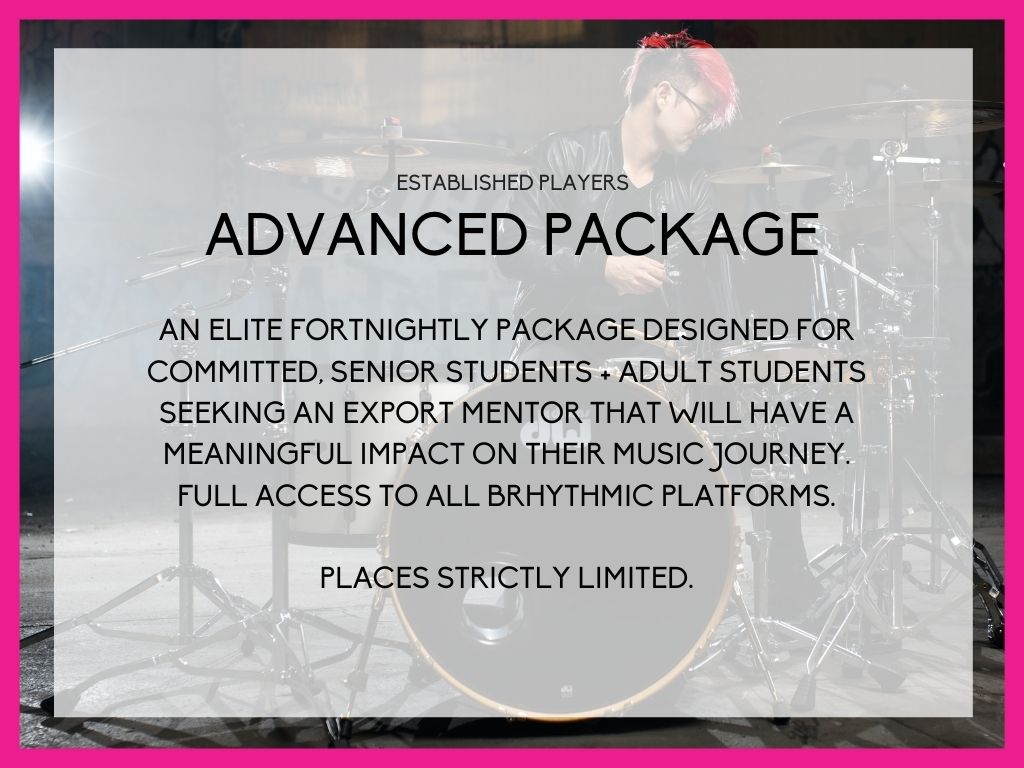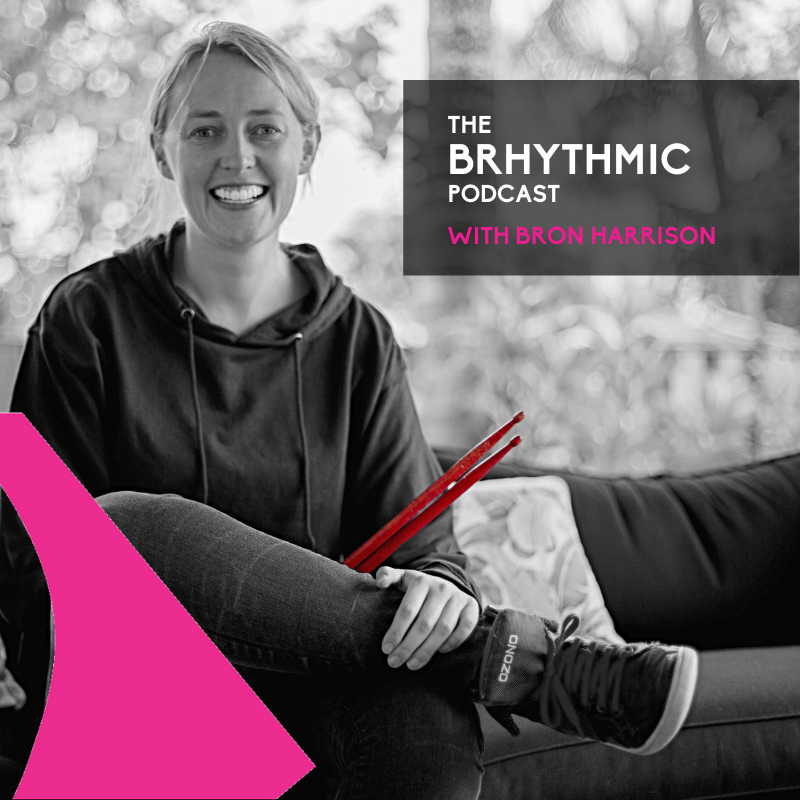
The BRHYTHMIC podcast. This podcast is specifically designed for music students, their parents and music tutors. Produced by Bron Harrison and the team at BRHYTHMIC, each episode contains nuggets of gold for you to sink your musical teeth into.

Without parent support, children tend to float. There is such a balance with parenting: that delicate line between positive encouragement and nagging! And from the many parents I have spoken to, this line changes depending on the child, their age and what is going on in their life and circle of friends!
Here are some simple things you can do to see whether your child is exam ready, and no, you don’t need to be a musician:
LISTEN TO YOUR CHILD
Sounds obvious but many of us don’t do this. Exams tend to go for 20 minutes. Schedule 20 mins of your time just to listen to their pieces and exercises. And when you listen, actively listen. Just focus on them; turn off your phone, don’t just have them in the background only. Be conscious of the timing, melody, chord structure, or rhythm. Tap out the rhythm on your leg. Show interest. Smile. Nod. Clap. If your child does not want you to listen to them, this is a sign they are not ready and shying away from ‘facing the music’.
ASK QUESTIONS
When listening to your child ask the following questions to yourself / your child:
- Can my child play in time with the music?
- Does my child know when to stop and start playing?
- Can my child play with dynamics? Or, do they play at the same volume?
- Can my child identify the notes and symbols on the music?
- Can they explain what they do in their lesson with their tutor?
- Can your child explain in detail what’s involved in the exam?
HAVE A RELATIONSHIP WITH YOUR CHILD’S TUTOR
If you don’t see your child’s tutor at weekly lessons, try to stay in touch with them at least once a term to maintain a good relationship. Even if just a text, email, quick phone call – it makes all the difference!
DOWNLOAD BACKING TRACKS OR ACCOMPANIMENT FOR YOUR CHILD
Not all kids are tech-savvy (I can see some readers rolling their eyes, thinking “What? – they are the IT guru of the household!!!”). Though you may need to nominate the tech savvy parent to assist your child in downloading or purchasing songs which they are learning. It makes it so much more enjoyable to learn when playing along with a backing track.
ENSURE YOUR CHILD GETS TO LESSONS & REHEARSALS
Be sure to be on all email lists and receive all notifications.
REWARDS
Use rewards. For example. 20 mins practice = 20 minutes of screen time, or fidget spinner (or whatever else your child loves). Be fair. Be consistent.
VIDEO YOUR CHILD
One of the best ways for children (and adults) to learn about their performance is to see themselves perform. If your music studio or tutor has a private video group set up – share your videos on these networks.
LEAD BY EXAMPLE
Who do you think children learn from the most? No, it’s not their tutor, their teachers, their friends – it’s YOU! Parents have the most profound impact on their children. Self-discipline, practice, working towards a goal, being vulnerable, showing up, being on time, having manners, respecting others…. is all set out by leading by example. Do you learn a musical instrument? Go to training? Have a project you are working on? Show your child how working hard and consistently for something is done.
SUPERVISE PRACTICE
Your child’s tutor should provide a Homework Book or other similar tool for recording lesson notes as well as expectations of home practice. Help your child with a routine of practicing. Perhaps, sit with them, ask them questions like:
“What does your tutor want you to practice this week?”
“Can you show me your homework book?”
“Here is the email printed out from you tutor. Can you explain to me and show me what this is?”
If your child has an exam coming up, they should be practicing every day. “How much?”, do I hear you say? Here are some benchmarks:
Grades 1 & 2 – 20 mins x 5 days per week
Grades 3 & 4 – 30 mins x 5 days per week
Grades 5 & 6 – 45 mins x 5 days per week
Grades 7 & 8 – 60 mins x 5 days per week
Without dedicated and consistent practice, it is unlikely your child will succeed in an exam.
ATTEND CONCERTS
Concerts are a great way to get your child to practice performing in front of a group. Learning to perform with nerves only happens when you do it, time and time again.
If you have enjoyed this article be sure to follow the BRHYTHMIC PODCAST for audio updates
BRHYTHMIC PODCAST is so snackable you can listen on the way to school




